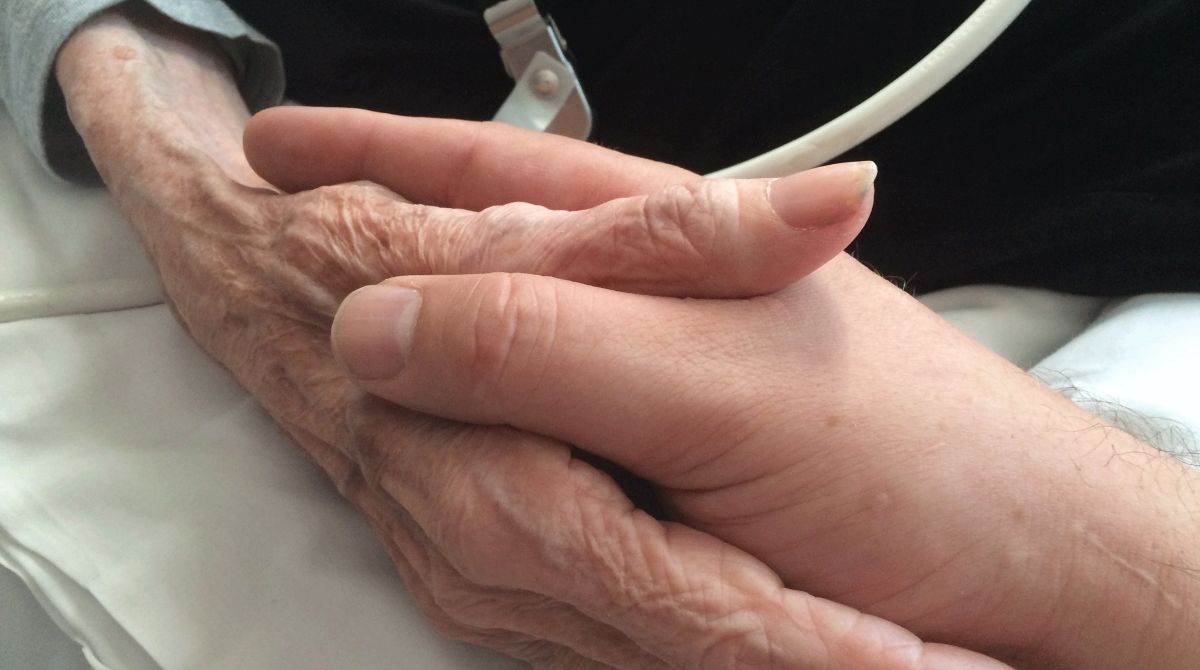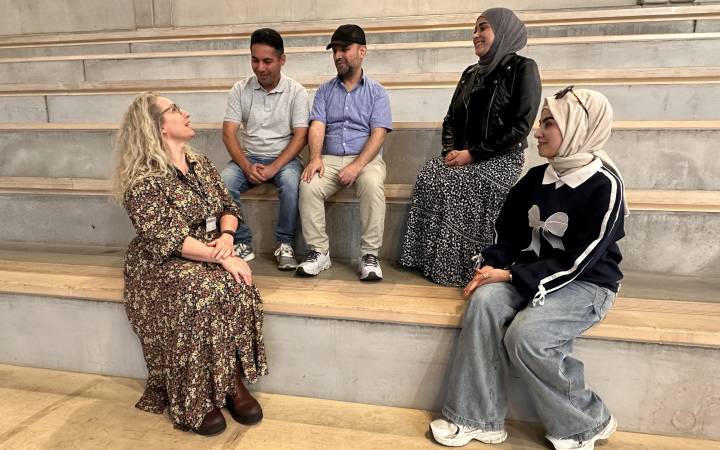Kingston University and St George's, University of London expert plays key role in study to help doctors identify when terminally ill patients are close to death
Posted Tuesday 4 December 2018

Research jointly undertaken by Kingston University and St George's, University of London's new Associate Dean of Research and Enterprise has identified the key signs and symptoms expert doctors use to recognise when terminally ill patients are close to death.
Professor Priscilla Harries, who is also the Director of the Centre of Health and Social Care Research in the Faculty of Health, Social Care and Education, run jointly by Kingston and St George's, co-authored the study led by researchers at the Marie Curie Palliative Care Research Department at University College London.
As part of the research a group of palliative care doctors, who had particular expertise in recognising when a patient is nearing death, were asked to predict whether a patient was close to death in 20 real-life cases. Those with the most accurate results were given an additional 50 hypothetical cases and asked to estimate the probability of death within the next 72 hours.
Through this exercise, Professor Harries and her co-researchers were able to determine the relative importance of different factors behind the doctors' survival predictions. The most influential was the Palliative Performance Score, which measures how much support someone needs based on their functional ability. The second most important factor was the presence of an abnormal pattern of breathing called Cheyne-Stokes respiration.
The research, published in the Journal BMJ Open, followed a previous study that found some doctors were frequently inaccurate when predicting how long those living with terminal illnesses will survive.
It is hoped the study, entitled How do Palliative Care Doctors Recognise Imminently Dying Patients? A Judgement Analysis, will help inform the development of educational training materials to teach novice doctors, medical students and other healthcare professionals how to model their own judgement policies on those of the experts.
The researchers are now developing and testing online education through a randomised controlled trial. "If effective, it will enable us to teach novice doctors and medical students how to model their own judgement policies on those of the experts," Professor Harries said.
"It is so important to have this last stage of life recognised - for patients to be treated appropriately, to move home if wished, and to notify family and loved ones so they have the chance to say goodbye. Dying well is an important stage of life and should be a key aspect of the high quality health services we provide," she added.
Contact us
General enquiries:
Journalists only:
- Communications team
Tel: +44 (0)20 8417 3034
Email us



